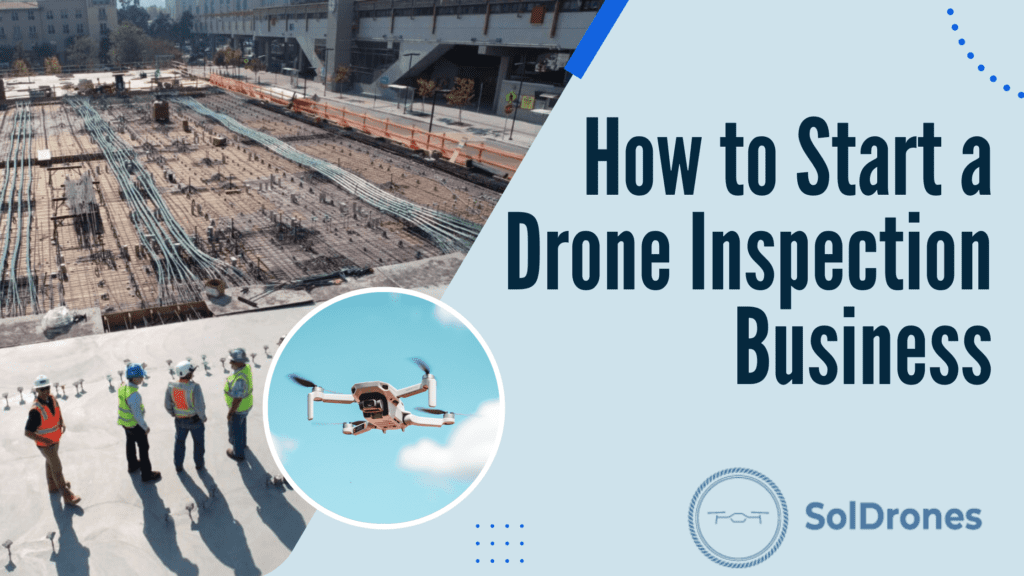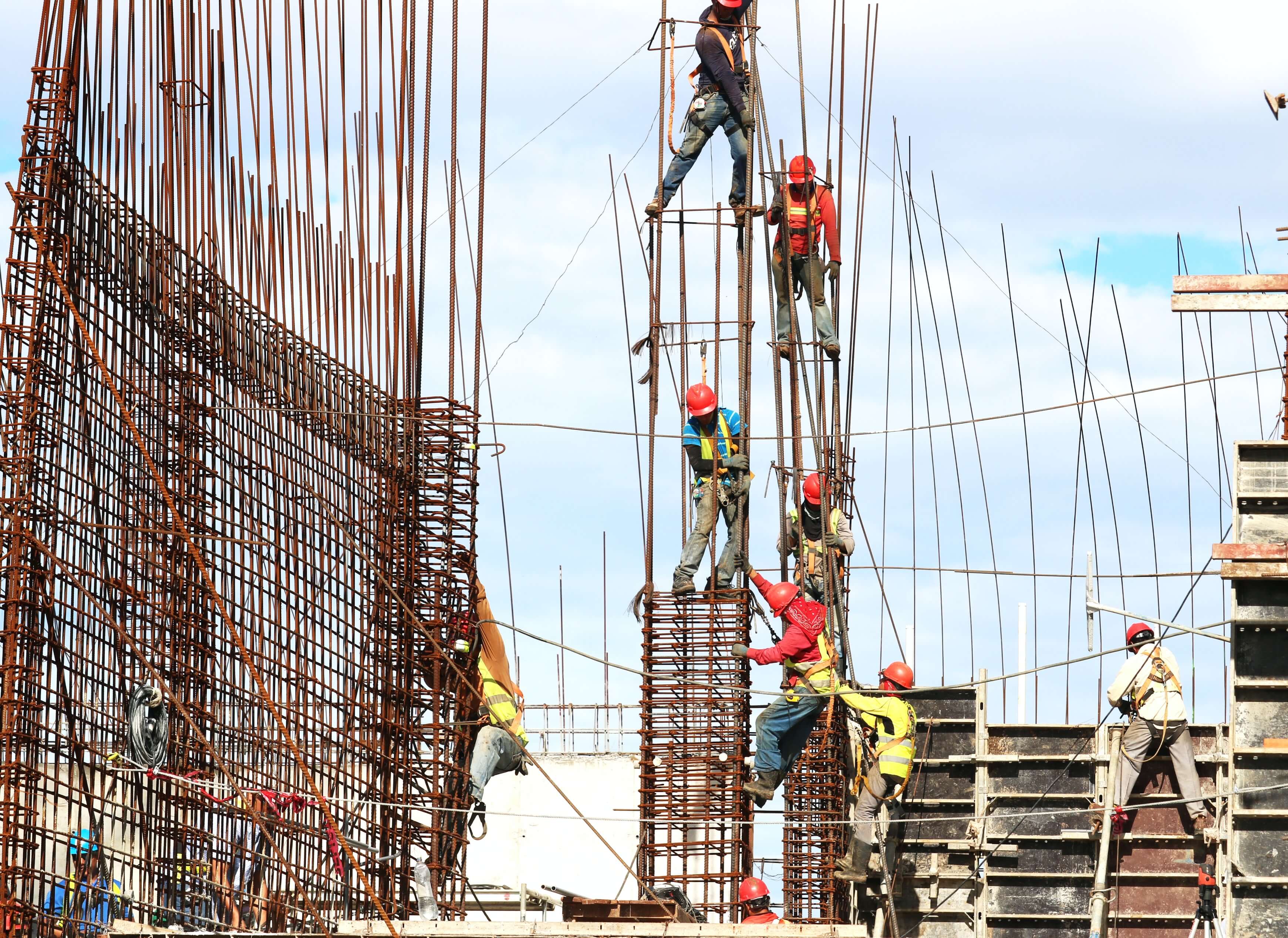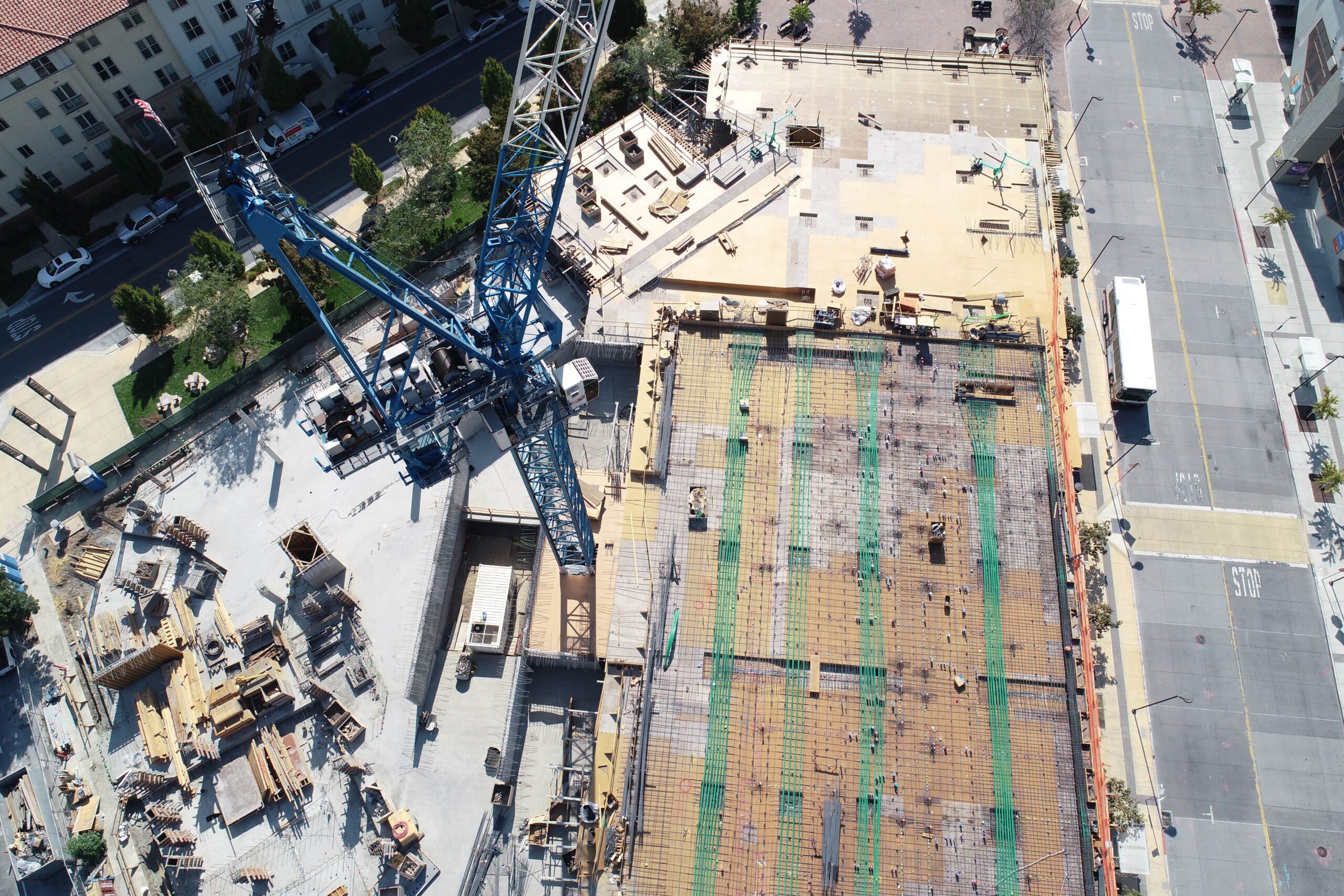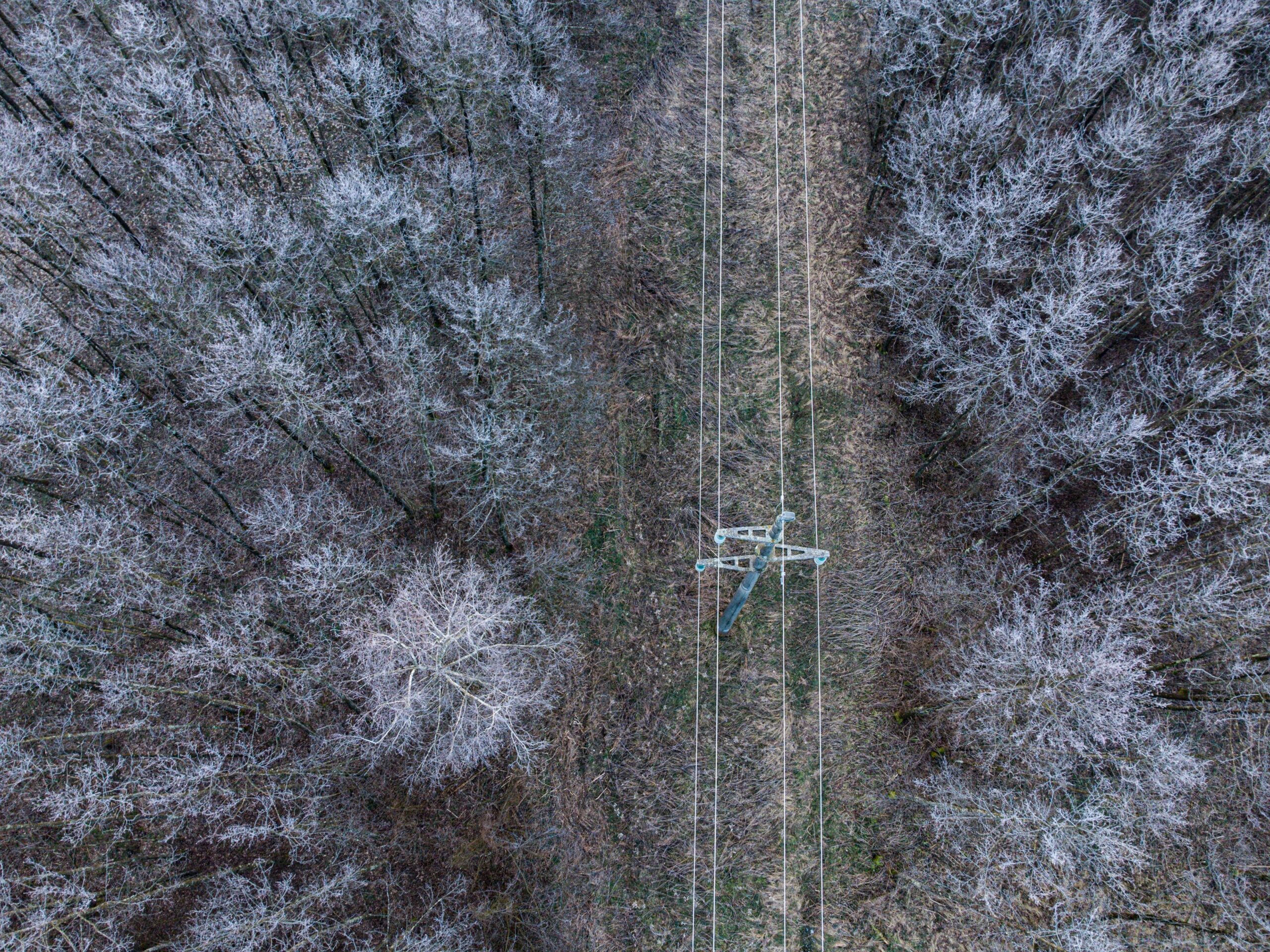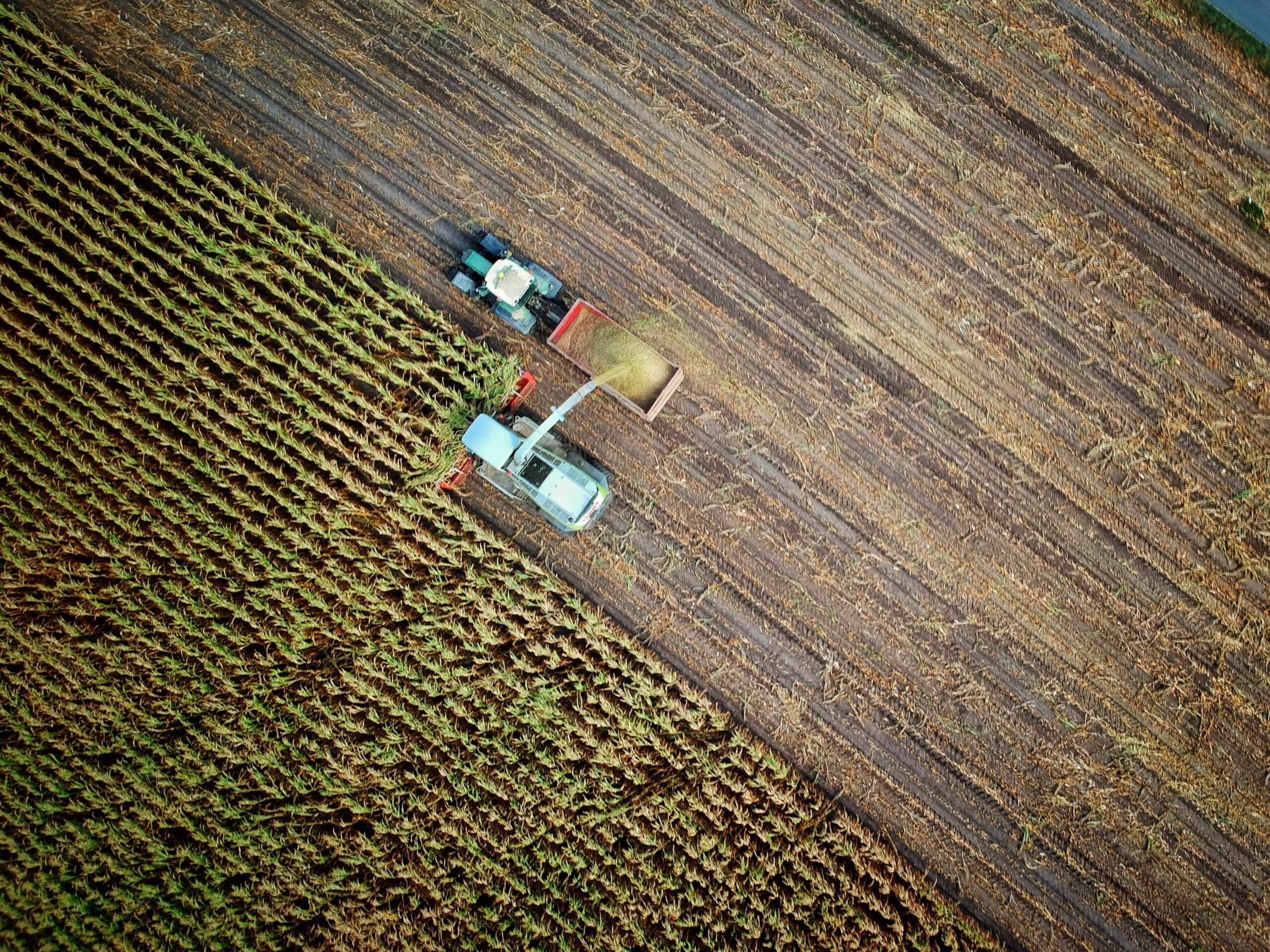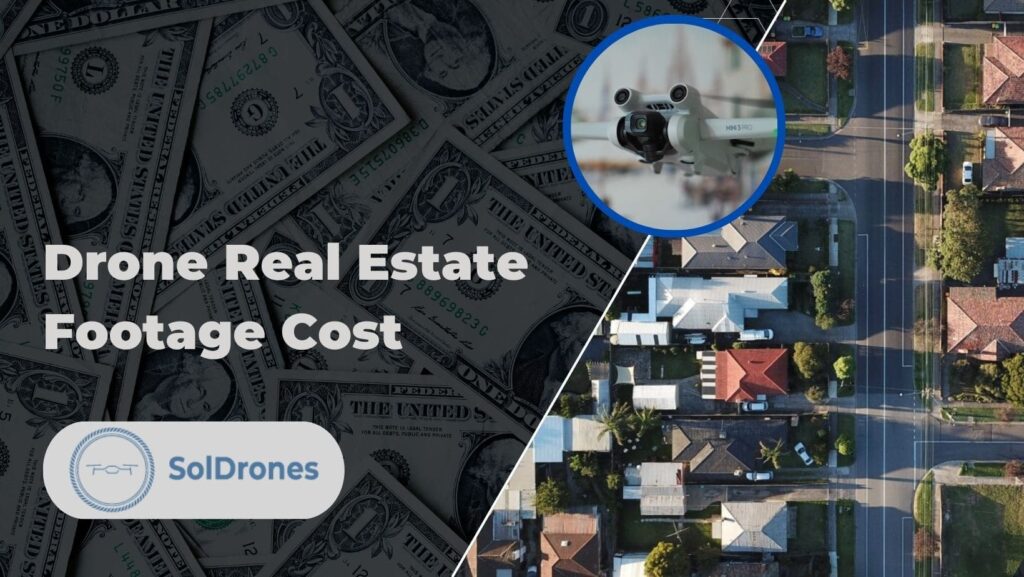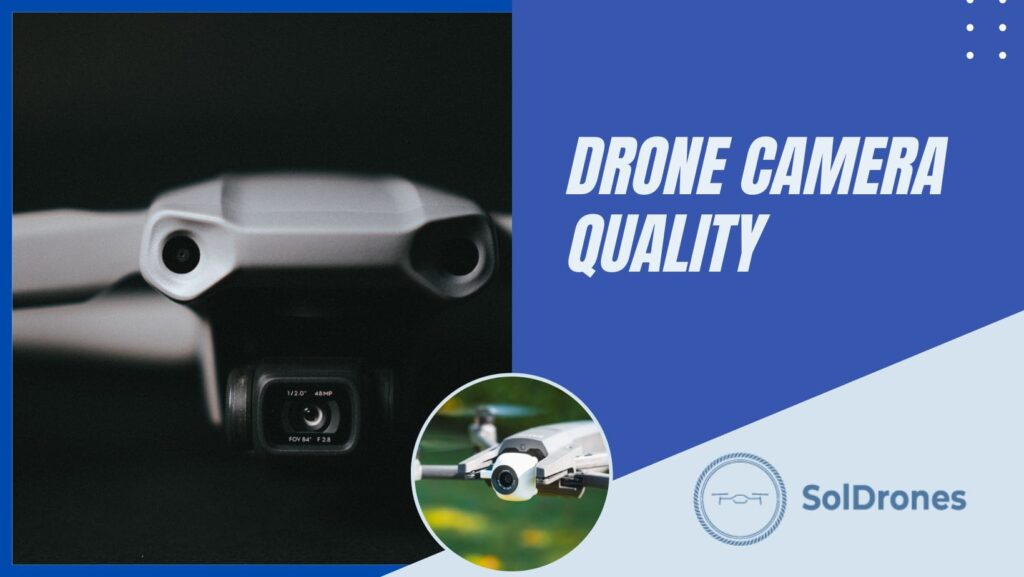The drone service industry is taking off. With a bullish forecast, drone entrepreneurs are capitalizing on opportunities around the globe.
Real estate, construction, agriculture, energy, and many other industries are becoming more efficient, cost-effective, and growing because of drone technology.
Now is the perfect time to consider starting a commercial drone business, but there are several key pitfalls you’ll want to avoid to prevent yourself from becoming another failed drone startup.
By following the right steps we’ve outlined in this article, you’ll understand just how to start a drone inspection business with soaring profits!
No products found.
Customers highly praise the performance, quality, and stability of the unmanned aerial vehicle, noting its exceptional camera quality, stable positioning, and long battery life. The UAV’s ease of use, flightability, and sleek design also receive positive feedback. While most users find great value in the product, opinions on its cost-effectiveness vary. Key highlights from top reviews include:
- Outstanding Camera Quality: The drone’s camera impresses with stunning photo and video quality, described as breathtaking and professional.
- Reliable and Sturdy Performance: Users commend its solid construction, reliable performance, and advanced features like 360-degree obstacle avoidance and autonomous flight modes.
- User-Friendly with Room for Improvement: While the drone is easy to use and flies well, some users suggest ergonomic improvements for the controller and minor firmware updates.
In summary, customers regard the drone as a top-tier choice for both amateur and professional use, offering high-quality imaging, reliable performance, and user-friendly operation, albeit with some minor areas for enhancement.
What is a Drone Inspection Business?
Drone inspection businesses provide cutting-edge solutions through unmanned aerial vehicles (UAVs), or drones, to assess, evaluate, and inspect the conditions of properties, construction sites, facilities, building structures, and more.
When structures and facilities need to be inspected, the traditional process can be manual, time-consuming, labor-intensive, and potentially dangerous when compared to inspecting with drones.
Video Credit: International Association of Certified Home Inspectors (InterNACHI)
Before drones, many inspections could only be done with ladders, scaffolding, or some kind of aerial lift that allows the inspector to see the structure from key angles. This typically would involve planning, coordination, specialized equipment, and high safety measures that comply with regulations.
Ultimately, the inspection process involves collecting data through photographs, measurements, written reports, and other qualitative analyses.
This is where drones come in.
A drone, for one, can flow remotely from a stationary position on the ground. The inspector has “eyes in the sky” and doesn’t need to climb up any structure or facility. This eliminates the need to acquire many of the previously required business resources such as ladders and safety harnesses.
Drones capture high-resolution images and videos that can be analyzed while flying, and then later on by an inspector or a team. Additionally, a drone also opens up new possibilities for the inspector, enabling them to service a wider range of sectors, such as construction sites, energy facilities, solar inspections, roof inspections, and other projects.
While drones revolutionize the inspection process in many ways, and the advantages of starting a drone inspection business are very prevalent – such as improved data collection, lower liability insurance, more accurate visual inspections, and reduction of the need to manually inspect dangerous structures – there are several key pitfalls that you’ll want to avoid.
Pitfalls to Avoid when Starting Your Drone Inspection Business
Some of the most common pitfalls you’ll want to avoid when starting your drone inspection business include:
1. Insufficient Training and Certification
To start a legitimate drone inspection company, you’ll need to make sure all of your ducks are in a row and you acquire the proper drone pilot certifications. To operate a drone commercially in the United States, you must obtain a remote pilot certificate. The Federal Aviation Administration Small UAS Rule (Part 107) includes passing the Part 107 Exam. The Part 107 exam covers your knowledge of operating an unmanned aerial vehicle, operating areas, emergency procedures, and more. This certification is required and will require some investment in study time. If you don’t have a remote pilot certificate, you’ll run into legal issues.
2. Inadequate Equipment and Technology
Without the proper equipment, you risk providing low-quality services for clients. If your equipment fails or the quality of your work is poor, this will drive clients away and they might leave you poor reviews which will detract future clients. Thus, when selecting your equipment, it’s crucial to select the best equipment you can afford for the jobs you’ll be providing inspection services for.
3. Regulatory Non-compliance and Liability Issues
Operating a drone inspection service company without adhering to relevant regulations and holding insurance coverage could result in consequences, particularly if you damage property or harm others. Non-compliance with drone operation regulations can result in fines, penalties, suspensions, and unnecessary legal disputes. If there’s an accident caused by your equipment while you’re on the job, you could face costly legal charges without some sort of insurance coverage.
4. Limited Business Acumen and Marketing Strategies
Lacking a thorough understanding of essential business areas such as finance, marketing, customer relations, or the industry you operate in could prevent you from running an efficient business. Your chances of forging quality relationships with customers may be hampered as well. For example, with poor marketing tactics, you might not be able to find customers. Developing a strong business plan, implementing effective marketing strategies, and continually improving customer service are essential components for establishing a competitive and thriving drone inspection business.
4 Tips for Starting Your Drone Inspection Business
Now that you’re aware of the pitfalls that could come from starting a drone inspection business, it’s time to review some of the optimal proper steps involved that will increase your likelihood of success.
1. Training, Certification, and Regulatory Compliance
As addressed in the pitfall section, you must obtain the proper training and certification as a drone pilot. Once you acquire your certification, you will also need to stay up to date with drone industry regulations, as the industry is evolving. You can view this as a competitive edge you will have and a strong selling point for clients. By staying up to date with the industry and certifications, you will offer credibility and therefore operate with increased safety.
2. Invest in the Right Equipment
Like most businesses, you must invest time and resources upfront to enjoy the fruits of your labor. It’s important to purchase high-quality equipment that you can rely on when you’re providing services for clients. Drones like the DJI Matrice 300 RTK or the Autel Robotics EVO II Pro will give you the ability to provide complete inspection jobs with precision and accuracy. It’s critical to have the equipment you can rely on to capture all the data your client needs. The investments you make in your drone equipment will also be a differentiating factor that sets you apart from traditional inspection companies.
3. Create a Business Plan and Marketing Strategy
Failing to plan is planning to fail in many ways. The success of your business in the long run often depends on your upfront planning efforts. Developing a sound commercial drone business plan can make or break the success of your business. Within your plan, you should identify market opportunities, finances, competition, and other essential factors that will influence the likelihood of your success. If you’re currently offering inspection services, focus specifically on how you will operate differently with drone equipment.
4. Professional Network and Industry Partnerships
It’s not always about what you know, but who you know. There’s a significant value to cultivating a strong network throughout the industry you operate in. This will ultimately help you springboard to new heights as you hit the market and seek out customers. By collaborating with stakeholders throughout your industry, you can demonstrate value to them and plug your services and solutions into the pains they may be experiencing.
As you’re going through the motions of starting your commercial drone inspection business, try your best to focus on how you’ll be bringing value to customers and providing a service that’s unique from what’s offered by traditional inspection businesses.
Best Drones for Drone Inspection
There are so many drones to invest in for your inspection business. A few of the top ones to consider include:
- DJI Matrice 300 RTK: The DJI Matrice 300 RTK is designed for various inspection applications. Its features include a long flight time of up to 55 minutes, advanced obstacle sensing, RTK (Real-Time Kinematic) GPS for accurate positioning, and compatibility with multiple payloads, including high-resolution cameras and thermal sensors.
- Autel Robotics EVO II Pro: The EVO II Pro features a 1-inch sensor with a 6K resolution camera, while the EVO II Dual includes both an 8K camera and a FLIR thermal imaging sensor. It also provides high-resolution imagery and thermal data for inspection applications like infrastructure, energy, and roofing inspections.
- Parrot Anafi USA: The Parrot Anafi USA is a compact and portable drone with a 32x zoom 4K HDR camera, making it suitable for detailed inspections of infrastructure, construction sites, and power lines. It also features a FLIR thermal camera for capturing thermal data, adding versatility to its inspection capabilities.
Best Industries for Drone Inspection Services
The rise of the commercial drone industry has drastically changed so many industries around the globe. Nuclear power plants now have routine inspections via drones; extensive pipelines in the gas industry rely on drone pilots to use mapping software to inspect miles of pipeline; public safety administrators rely on drones to inspect facilities. There are use cases almost everywhere for commercial drone pilots in the inspection industry. Some of the top industries include:
Infrastructure and Construction
Drones are changing the game throughout construction and infrastructure projects. These types of projects rely on high-resolution images and videos and drones offer an efficient means to an end, helping with project tracking and the identification of issues. For example, drone inspections of bridges can detect corrosion, cracks, or other damage in hard-to-reach areas, all without human intervention.
Energy Sector
Power lines, solar farms, wind turbines, and oil and gas facilities benefit from drone inspections, leading to reduced downtime and maintenance costs. Equipped with thermal cameras, a drone can identify solar panel hotspots, helping the operators pinpoint malfunctions that require attention.
Telecommunications
Drones can offer a safer alternative for inspecting telecommunications equipment such as towers and antennas. By capturing high-resolution images and videos from various angles, technicians can assess tower components, identify the damage, and plan maintenance without risky manual climbs.
Agriculture
Multispectral camera-equipped drones enable farmers to inspect crops and gather data on crop health, soil conditions, and irrigation requirements. Farmers will use this information to optimize crop yield, monitor pests or diseases, and efficiently allocate resources. For instance, a drone can identify nutrient deficiencies or signs of pest infestation in specific field areas that would’ve been incredibly difficult to find on foot.
Final Thoughts
Starting your own drone inspection business is a lot of work, and it isn’t easy to become a commercial drone pilot. But, as it’s been made clear, use cases continue to grow for drone pilots. Construction companies are seeking more and more commercial drone pilots.
Aerial inspections are changing how roof inspections are done as compared to traditional methods of visual inspections. By being aware of the pitfalls and proper steps involved in starting a successful drone inspection business, you will have a great chance to become a successful drone entrepreneur. We wish you luck and we’ll see you in the skies!

